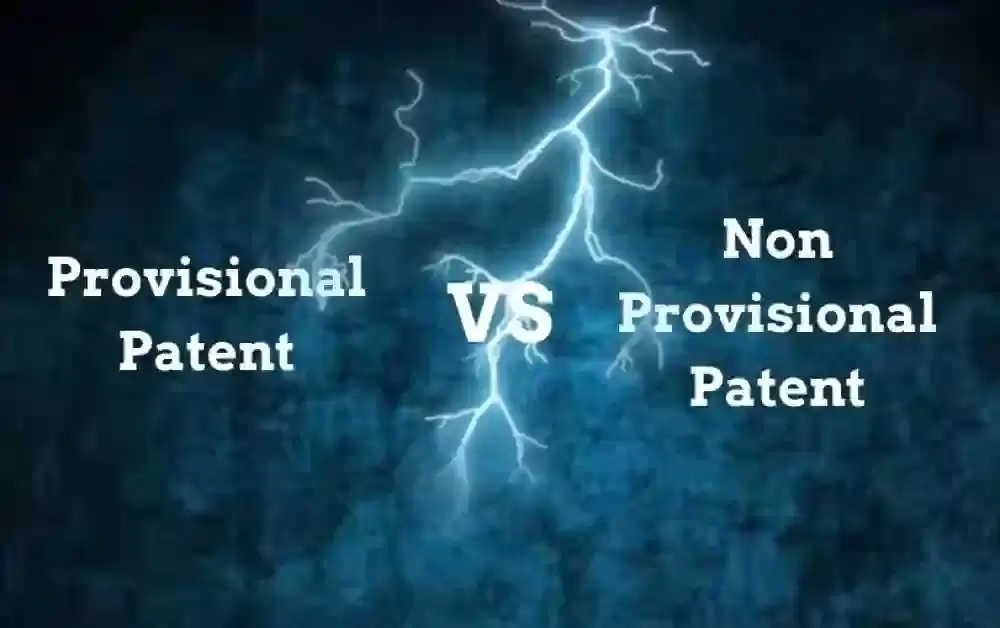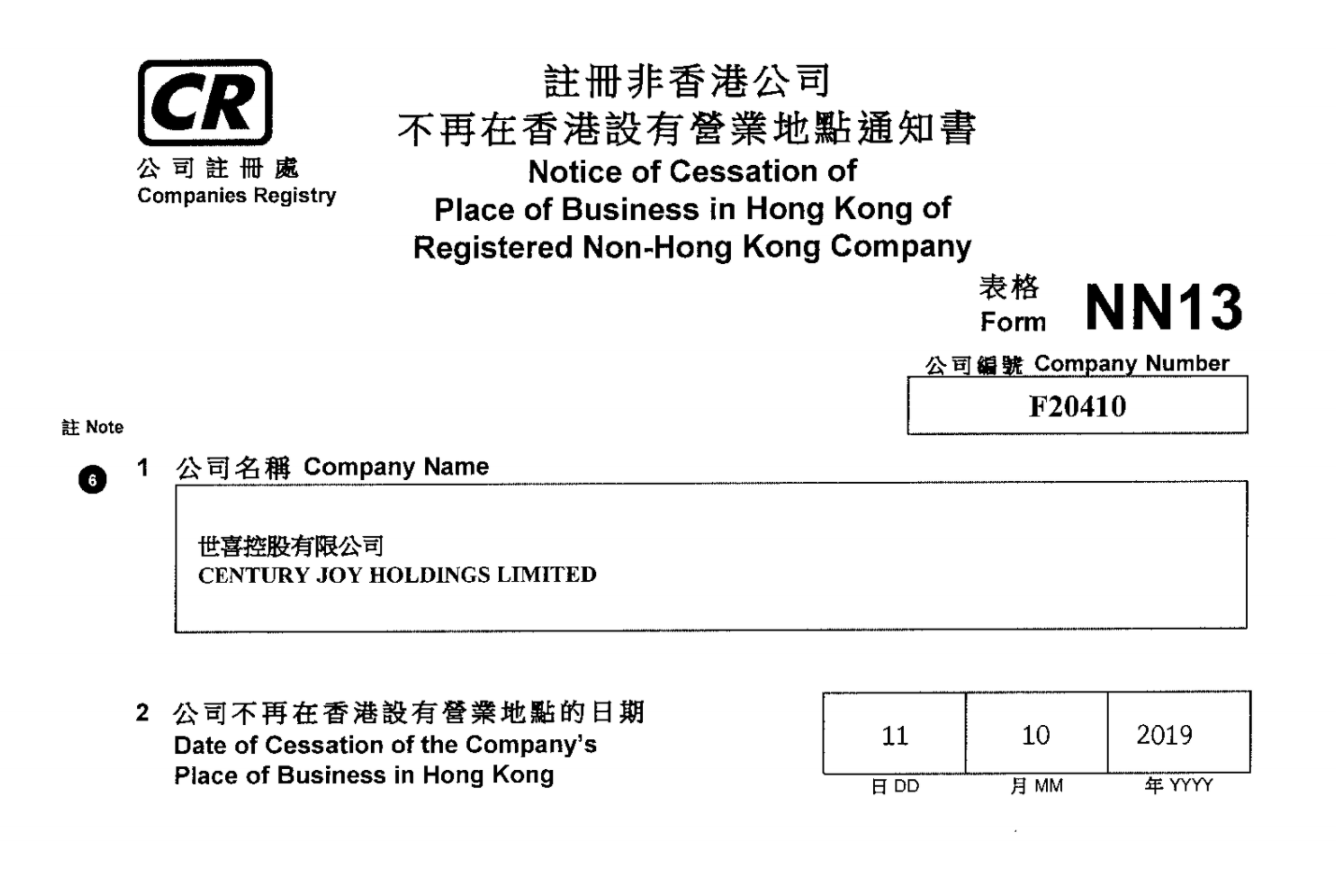The Benefits of Non-Provisional Patents for Startups and Small Businesses

For startups and small businesses, protecting their intellectual property is crucial for long-term success. One way to do this is by obtaining a patent. A patent is a legal document that gives the owner exclusive rights to their invention for a set period of time. There are two main types of patents: provisional and non-provisional. While provisional patents offer some advantages, non-provisional patent are often the best choice for startups and small businesses. In this article, we’ll explore the benefits of non-provisional patents and why they may be the right choice for your business.
What is a Non-Provisional Patent?
A non-provisional patent design is a more comprehensive type of patent that protects your invention for up to 20 years. Unlike a provisional patent, which is a temporary placeholder that provides basic protection for your invention, a non-provisional patent is a full-fledged patent application that goes through a thorough examination process. Once granted, a non-provisional patent gives the owner the exclusive right to make, use, and sell their invention for a set period of time.
Benefits
- Provides Stronger Legal Protection
Non-provisional patents provide stronger legal protection than provisional patents. With a non-provisional patent, your invention is subject to a rigorous examination process by the United States Patent and Trademark Office (USPTO). This examination ensures that your invention is truly novel and non-obvious, and that it meets all the requirements for patentability. Once granted, a non-provisional patent provides strong legal protection for your invention, making it more difficult for others to copy or infringe upon your intellectual property.
- Enhances Business Value
Obtaining a non-provisional patent can enhance the value of your startup or small business. Investors and potential partners are more likely to invest in or collaborate with a company that has a strong intellectual property portfolio. A non-provisional patent shows that you are serious about protecting your intellectual property and that you have a valuable asset that can be leveraged for growth and success.
- Increases Licensing Opportunities
A non-provisional patent can open up new licensing opportunities for your business. Licensing your patent can provide a source of revenue without the need for expensive manufacturing or marketing costs. It can also help you to reach new markets and expand your customer base.
- Prevents Competitors from Entering the Market
A non-provisional patent can prevent competitors from entering the market with similar products or services. With a non-provisional patent, you have exclusive rights to your invention, making it more difficult for others to create similar products or patent drafting services without infringing upon your intellectual property. This can give you a competitive advantage in the market and help you to establish your brand as a leader in your industry.
- Expands Business Opportunities
A non-provisional patent can also expand your business opportunities. With a patent in hand, you can develop new products or services that build upon your existing intellectual property. You can also licence your patent to other companies, opening up new revenue streams and partnerships.
Conclusion
Obtaining a non-provisional patent is a smart choice for startups and small businesses that want to protect their intellectual property and enhance their business value. While provisional patents may offer some advantages, non-provisional patents provide stronger legal protection, increase licensing opportunities. Prevent competitors from entering the market, and expand business opportunities. If you’re a startup or small business owner with an innovative idea or invention. Consider investing in a non-provisional patent to protect your intellectual property and set yourself up for long-term success.



